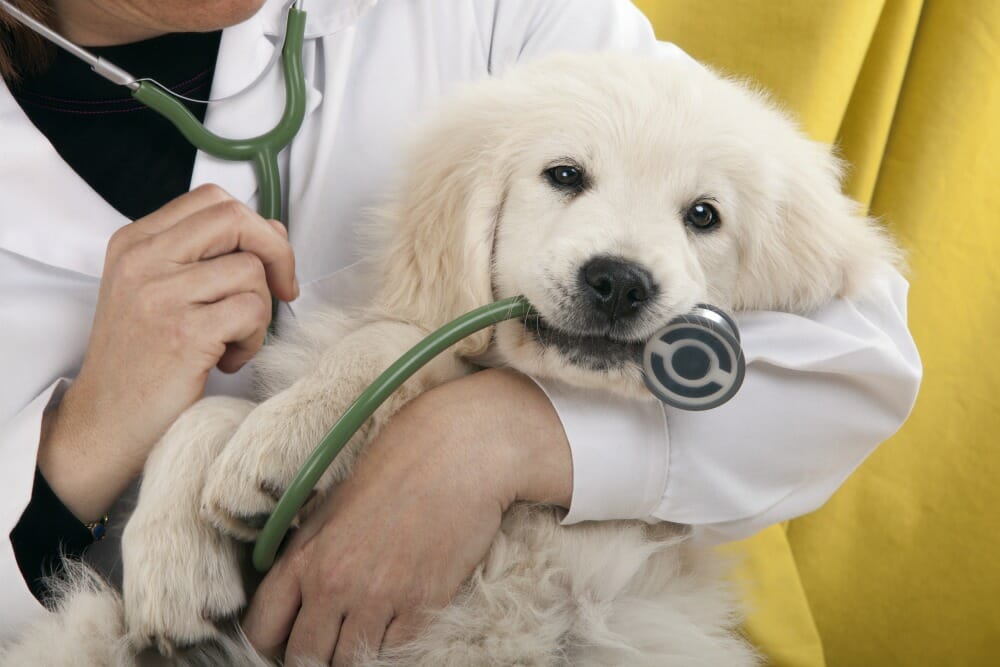Animals age faster than we do. One year for us is the equivalent of several for them, which is why yearly exams are so important. Sometimes your veterinarian may even recommend exams once every six months, depending on the health status of your pet. During your pet’s visit, we may notice a shift in weight, change in appetite, drinking or urinating more than usual; things you as a pet owner may not find abnormal until engaging in a conversation about the issues.
“What all is included in an annual examination?” When a patient comes into our clinic for an annual exam, it may seem like a straightforward procedure, but there are multiple things your Veterinarian is doing that you may not be aware of.
Your pet is given a head to tail examination. They do a thorough exam looking for abnormalities in the eyes, ears, mouth (teeth and gums for signs of dental disease) and nose. They listen to their heart to check heart rate, abnormal rhythms and heart murmurs. They listen to the lungs for any crackling, wheezing or laboured breathing. They palpate the abdomen to feel for any masses. Do you know they can actually feel the kidneys and bladder? They palpate organs for abnormal sizes and changes in shape and texture. During palpation, they are watching your pet to see if they react, and if your pet does, it may be a sign of pain. Animals are strong and stoic and can hide pain very well. They move the limbs to check mobility and crepitation in the joints. Certain breeds are more predisposed to particular medical conditions, so the veterinarian may also discuss what to watch for to help with early detection and discuss any preventive approaches.
To the untrained eye, it can be hard to see what the veterinarian is doing. They do the exam while they are engaging in a conversation with you! They are very experienced in their field, and certain details you provide during this conversation may also help them to ensure everything is going great at home with your pet.
“My pet is young. Why are annual exams important?” Well, annual exams help the doctor. You and your pet build a strong relationship and establish “normals” for your pet, which will be documented in their medical record. If your pet is seen regularly, diagnosing certain illnesses in the future may be easier. Your veterinarian can more easily notice when something is off with your pet as they have watched them grow and know everything about their medical history.
Annual exams also help ensure the patient is current on vaccines and parasite treatments. Veterinarians will also use the opportunity to discuss the importance of yearly fecal testing and any blood work they may need to continue monitoring for infection and disease.
“What if I don’t always see the same Doctor at my clinic?” That’s okay! Our veterinarians review each patient’s file before the appointment to ensure they are up to date on their full medical background.
“Why would I do yearly blood work?” Regular blood work helps determine a normal baseline and helps catch diseases in the early stages. Early detection helps give your veterinarian, you and your pet the necessary assistant information to provide the best outcome if a disease is diagnosed. It also helps determine how long something has been going on. For example, if your pet’s blood work for the past three years was normal, and this year, his red blood cell count is low, we know the change took place in the last 12 months.
If you have any questions or would like to schedule an appointment for your pet, please give us a call at 902.443.4345 and one of our team members will be happy to assist you!
Written by Clayton Park Veterinary Hospital




